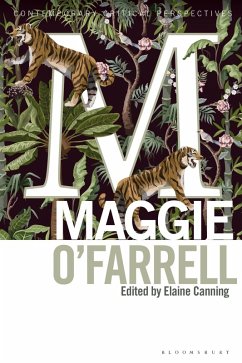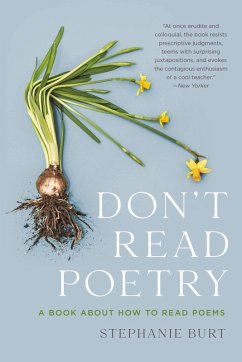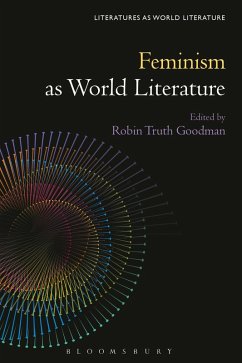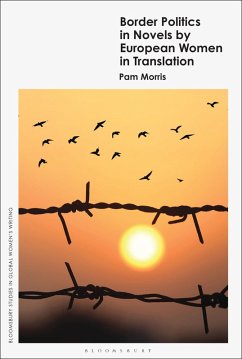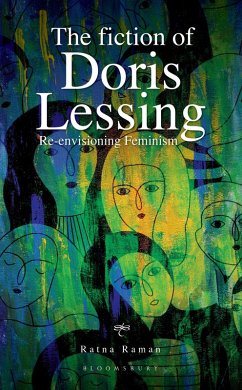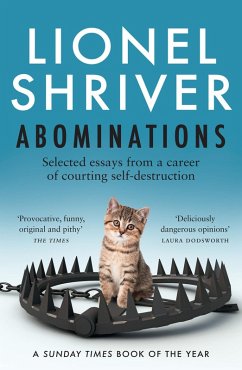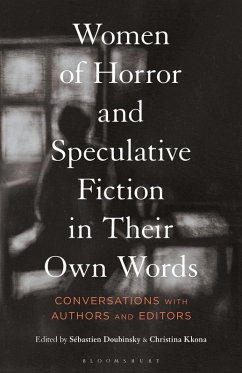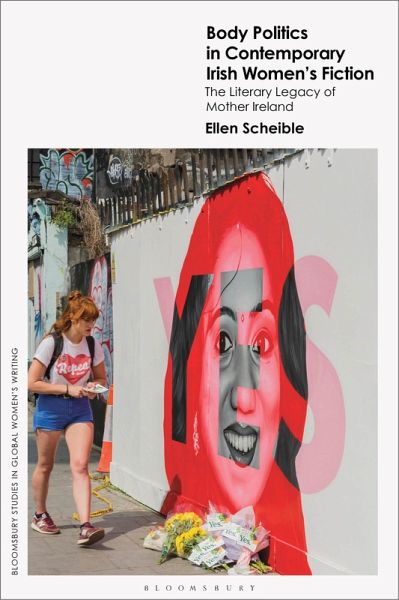
Body Politics in Contemporary Irish Women's Fiction (eBook, ePUB)
The Literary Legacy of Mother Ireland
Versandkostenfrei!
Sofort per Download lieferbar
70,95 €
inkl. MwSt.
Weitere Ausgaben:

PAYBACK Punkte
35 °P sammeln!
Exploring twentieth- and twenty-first century texts that wrestle with the Irish domestic interior as a sexualized and commodified space, this book provides readings of the power and authority of the feminized body in Ireland. Scheible dissects the ways that 'the woman-as-symbol' remains consistent in Irish literary representations of national experience in Irish fiction and shows how this problematizes the role of women in Ireland by underscoring the oppression of sexuality and gender that characterized Irish culture during the twentieth century. Examining works by Elizabeth Bowen, Pamela Hink...
Exploring twentieth- and twenty-first century texts that wrestle with the Irish domestic interior as a sexualized and commodified space, this book provides readings of the power and authority of the feminized body in Ireland. Scheible dissects the ways that 'the woman-as-symbol' remains consistent in Irish literary representations of national experience in Irish fiction and shows how this problematizes the role of women in Ireland by underscoring the oppression of sexuality and gender that characterized Irish culture during the twentieth century. Examining works by Elizabeth Bowen, Pamela Hinkson, Emma Donoghue, Tana French, Sally Rooney and James Joyce, this book demonstrates that the definition of Irish nationhood in our contemporary experience of capitalism and biopolitics is dependent on the intertwining and paradoxical tropes of a traditional, yet equally sexual, feminine identity which has been quelled by violence and reproduction.




